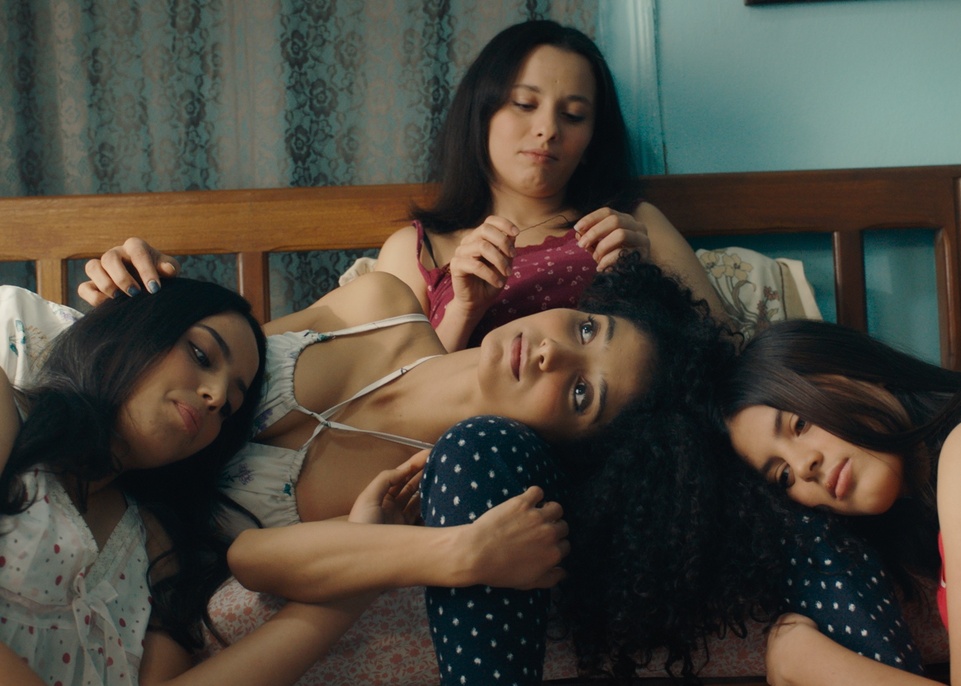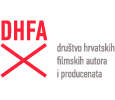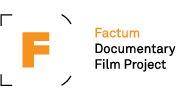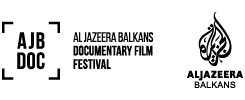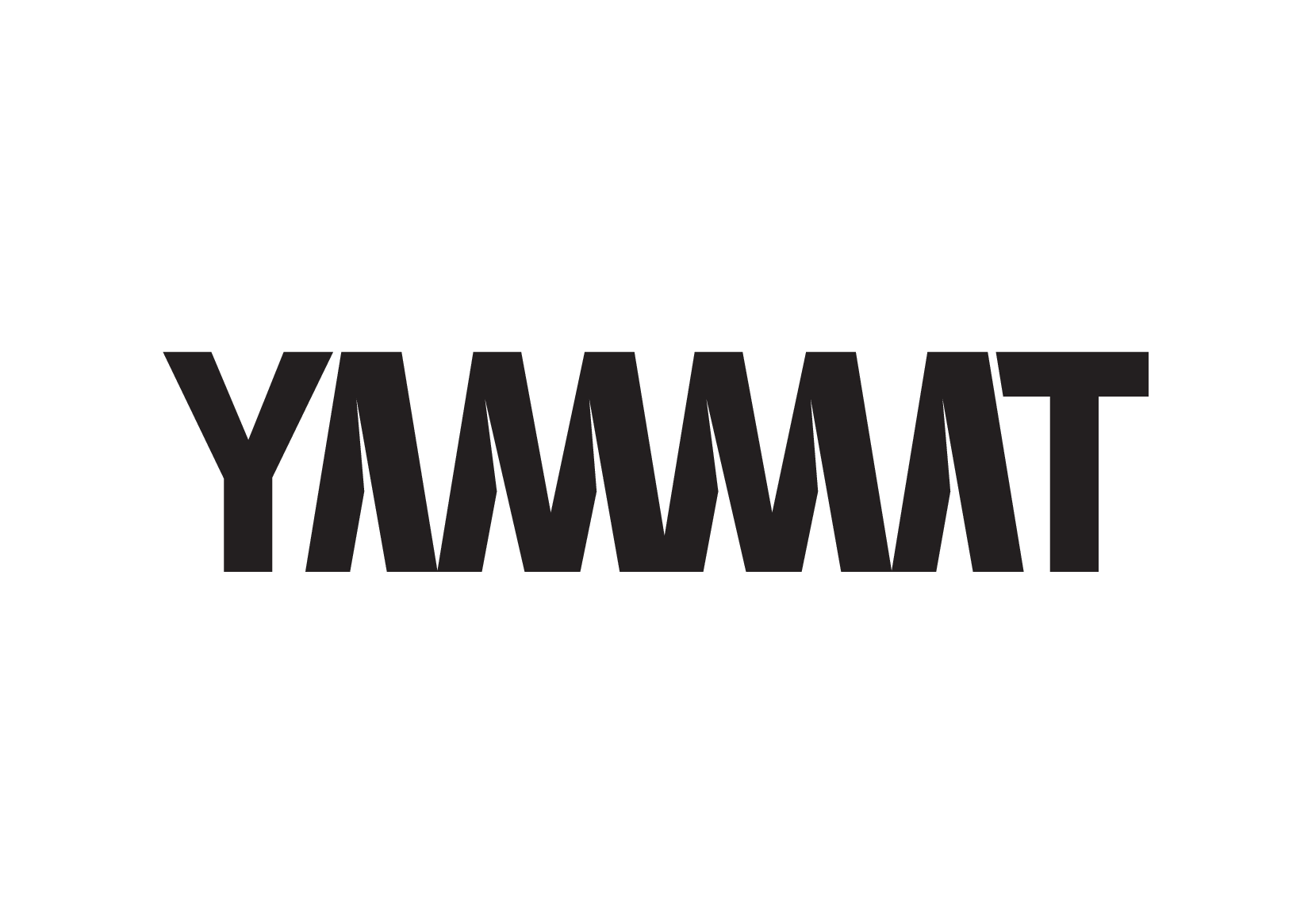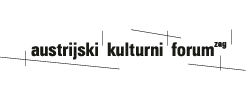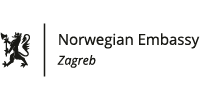Impeccable Subtleties of ZagrebDox’s International Competition
3.4.2024.
Nineteen exceptional films competing this year for the Big Stamp in International Competition
The inevitable question from media representatives “Which film would you choose” addressed to the programmers and artistic director of ZagrebDox, Nenad Puhovski, will be particularly difficult this year. The combination of the number of films and their quality makes it impossible to give a quick and simple answer, even if it should be given completely honestly. The process of selecting films for the festival always goes through several stages of work, on this exhausting path, for one reason or another, some titles are dropped, some withdraw on their own, and some are not even negotiated. The final selection is always a compromise in which the biggest headache is about what has been missed. Considering the countless film awards and world premieres in ZagrebDox competitions, it seems that the organisers had a rather easy year.
Probably the most attractive title is Kaouther Ben Hanija’s Four Daughters, which, after winning the last Cannes, toured a host of festivals and won numerous awards. This should not be surprising because it is truly a unique film and procedure and experience of an intimate journey full of hope, rebellion, intergenerational communication and a sense of sisterhood that questions the very foundations of our societies. Shoghakat Vardanyan’s film 1489 brought a lot of things into question. The filmmaker spent two years documenting herself and her parents while they waited for news of the fate of her younger brother, a young musician who disappeared on the front lines of the brutal war in Nagorno-Karabakh. At the most prestigious documentary festival, Amsterdam’s IDFA, the film was declared the best by both the professional jury and the critic’s jury.
With his unique visual style, Peter Mettler takes us on a meditative journey in the form of an audiovisual diary, from the Appenzell Alps to quarantine in Toronto, generously and harmoniously questioning the universal human destiny in his two-hour marvel While the Green Grass Grows. Visual attractiveness is also easily found in Eilif Bremer Landsend’s film Mermaid about young Sisilia Skagen. She will soon become the new captain of the fishing boat she inherited from her father, the sea wolf Bjørn, whose eyes stare at her from a tattoo on her forearm. The result is a compact, empathetic fourteen-minute miniature that celebrates and depicts a traditional activity through the prism of two representative, distinctive individuals. Another Norwegian film brings us back to nature: Silje Evensmo Jacobsen’s A New Kind of Wilderness. On a small farm in a Norwegian forest, the Paynes live an isolated life, wanting to be wild and free. Maria, Nik and their four children are self-sufficient. The children are home-schooled, and everyone strives together for a connected family dynamic and a life in harmony with nature.
Monogamia by an old acquaintance of ZagrebDox, Ohad Milstein, takes us on an exciting journey into the world of love and intimacy in serious romantic relationships. There is no more love in the marriage of the director’s parents, and their relationship is an echo of his own marriage. Mati Diop, on the other hand, as a representative of the new wave of African culture and the culture of the African diaspora, is sending to Zagreb her film Dahomey, with which she triumphed at the recently concluded Berlinale. The film wonderfully mixes reality with creativity, and is also an important witness to the influence of the colonial past on the present. The director Asmae El Moudir, a young Moroccan filmmaker who wants to know why she only has one photo from her childhood and why the girl in the picture is not her, certainly has similar experiences. Her film The Mother of All Lies was the winner of last year’s Cannes and numerous other festivals. The film Marungka Tjalatjunu (Dipped in Black) is also extremely interesting, in which co-director Derik Lynch, a member of the Yankunytjatjara people, returns to the village for spiritual healing, during which he is flooded by childhood memories.
Family relationships are a common red thread in this year’s ZagrebDox, and a good example of this is the Finnish documentary Under Construction by Markus Toivo. Former ideas, failures and failures are the main protagonist Markku’s today’s debts to himself, who is trying to understand himself, but also to meet his own father, on his own, decades-old construction site. From Finland to Denmark! Director Zara Zerny, film Echo of You. Through honest, in-depth interviews, a group of Danish men and women aged 80 and over is presented. With touching openness and honesty, they express their thoughts about lost loves, who in one way or another are no longer with them. The film is a sensual, life-affirming portrait of a generation that is slowly saying their goodbye.
War themes are a regular documentary preoccupation, so the director duo Ivan Ostrochovský and Pavol Pekarčík go to the Ukrainian underground that preserves lives with the film Photophobia, while at the same time Vladimir Loginov in the film Boy focuses his attention on the spotlight, that is, on one of Vladimir Putin’s speeches, more precisely: on the boy standing behind him. One of the faces of war is also offered by the film Girl Away from Home by some of Dox’s acquaintances: Simon Lereng Wilmont and Alisa Kovalenko. They tell the story of a persistent girl, strong family ties, friendships and the solace we can find in sports. Another piece in the puzzle is offered by the film In the Rearview. It is an authentic, intimate observation of war that follows multiple generations of Ukrainian civilians as they abruptly leave their homes and rely on director Maciek Hamela’s volunteer van to escape the life-threatening conflict.
A large number of films by authors at this year’s ZagrebDox is a fact that the organizers take pride in, and the reason for this is also the significant and daring debut feature film directed by Alan Zhang, This Woman, which masterfully tackles the countless challenges faced by women in contemporary China. Olga Lucovnicova, on the other hand, in her Object 817, talks about the secret that has plagued the settlement of Kyštym in the Urals since the Stalin era. Locals talk about strange events that took place decades ago that led to the gradual demise of their once bustling community.
And to finish off with two more films from the international competition: Between the Rains and Au Revoir, Pugs. The first, directed by Andrew H. Brown and Moses Thuranira, was created over four years and through magnificent footage explores a childhood caught within a traditional Kenyan culture that has fallen victim to climate change. Something completely different, but somewhat on the same childish track, is the last title shown here, Au Revoir, Pugs. Filmmaker Brett Allen Smith films his newborn son and dog playing him and his childhood pets. In doing so, he confronts his own false memories with the help of a collage of film and digital footage and clips from video games.
It seems that the international competition at this year’s ZagrebDox is almost unbeatable, so one thing is certain: the jury will not have an easy job. But not even the viewers themselves! Choosing your own favourites is an almost impossible task!
